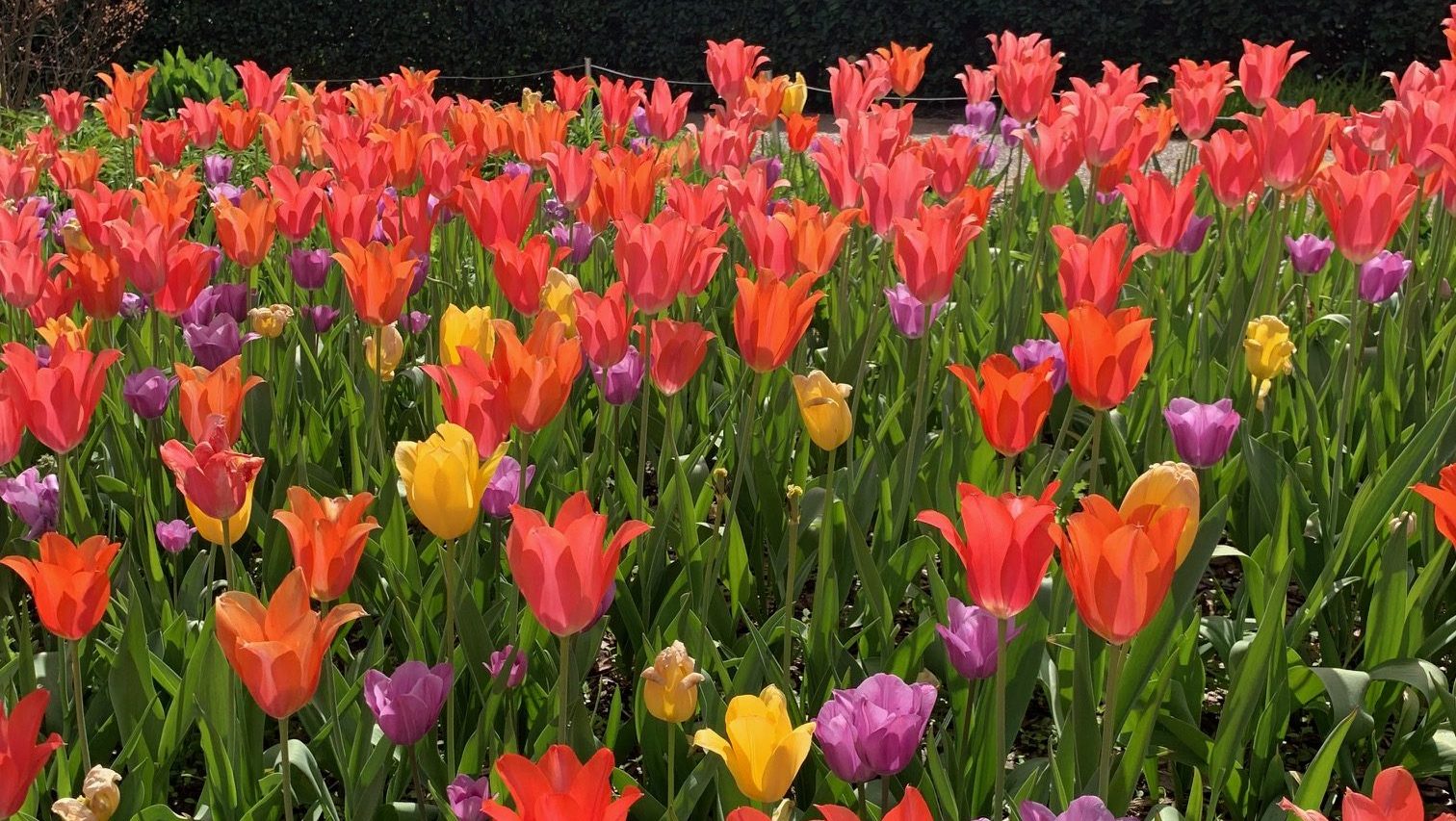Not sure which English classes to take this coming spring? We’ve got you covered. Here are just some of the courses we will be offering for the coming semester:
ENGL 213.01 – Expository Writing – TR 3-3:50 PM – David James
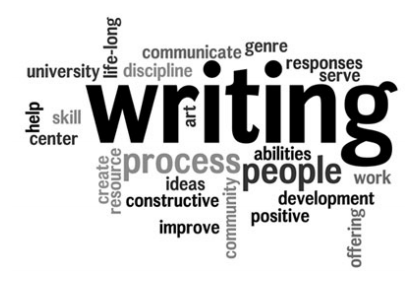
In this workshop-oriented course, students will make all their own choices about both topics and nonfiction genres, depending on their needs and interests. In the process, everyone will focus on clarity and style to suit intended audiences and purposes, not the prof’s idiosyncrasies. Optional revising with further feedback will then lead to a semester’s end portfolio for the final grade.
Also available as an on-campus May Term!
ENGL 231 – Literature of the Western World 1 – MWF 11-11:50 AM – Stephen Hemenway
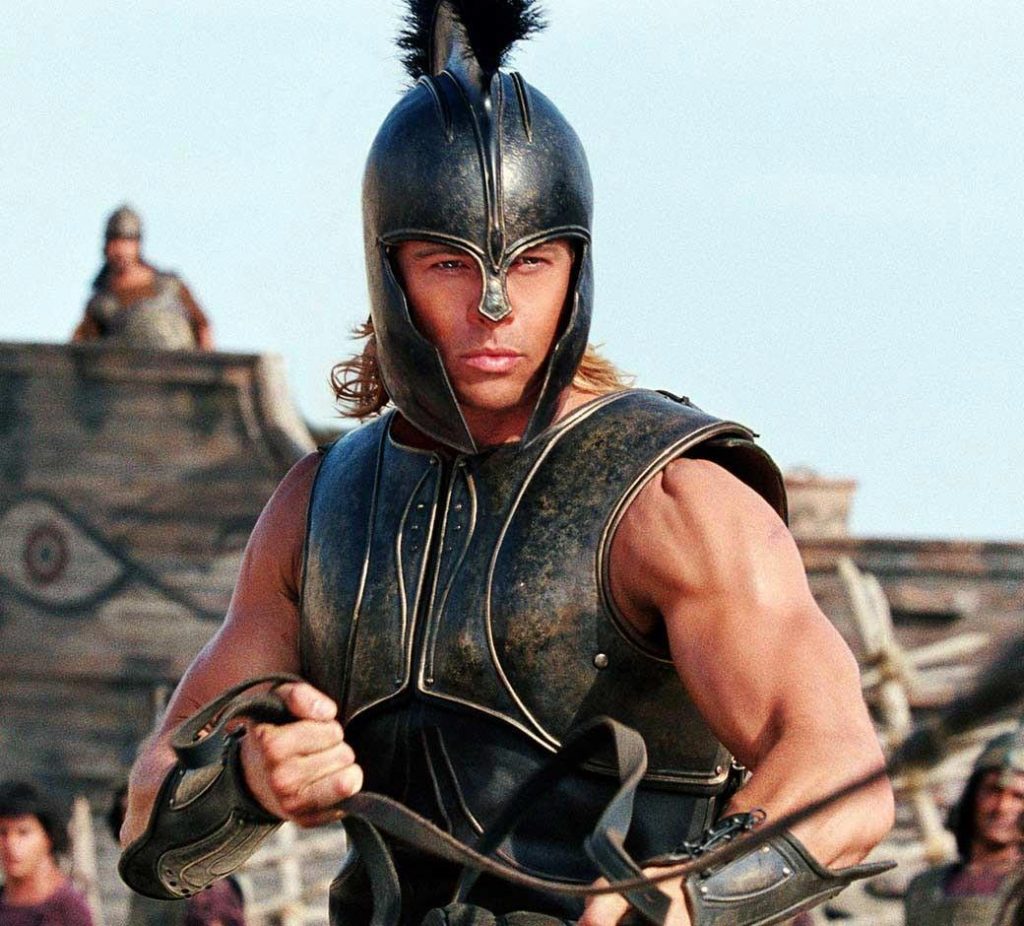
Aesop’s fables and Homer’s tales of war and adventure start you on an odyssey of ancient literature. Frowns and smiles accompany your dramatic responses to Greek tragedies and comedies. Ancient Roman and medieval Italian epics send you on a spiritual journey that also embraces excerpts from the Hindu Bhagavad Gita and the Chinese Tao Te Ching. Chaucer takes you on a pilgrimage with the Pardoner and the Wife of Bath, and Cervantes inaugurates a quest for an impossible dream with Don Quixote. Sappho, Lady Murasaki, Margery Kempe, Marguerite de Navarre, and Sor Juana de la Cruz go places where few females dare to tread. Michelangelo, Columbus, and Shakespeare lead you through the Renaissance and Reformation and prepare you for the modern world. As you investigate and explore these authors and works, you read and take tests or written test alternatives, write journals and short papers (or a longer research project), and engage in lively discussions about these masterpieces of Western literature in a global context.
ENGL 270.01 – British Lit II – MWF 2-2:50 PM – Stephen Hemenway
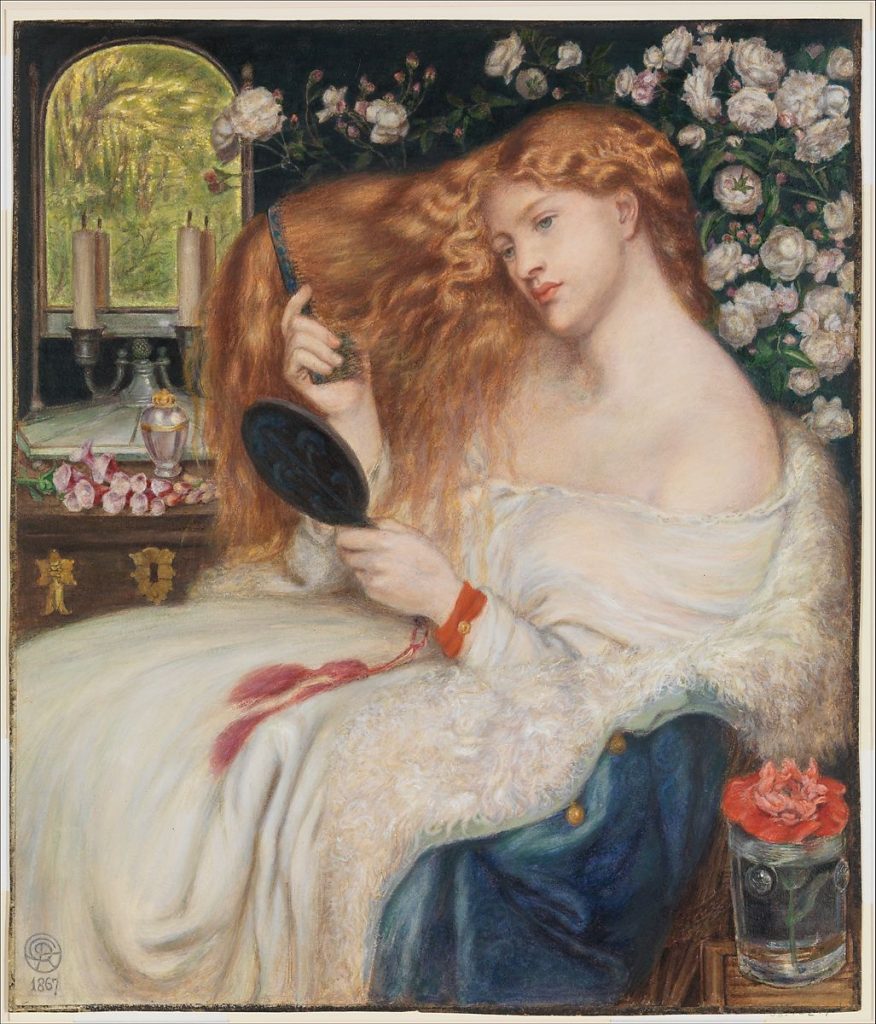
This delightful, daunting course will acquaint you with major movements and must-read writers in Great Britain, Ireland, and the British Commonwealth during the Romantic, Victorian, Early Modern, and Postmodern Eras (roughly 1770-2020). The literary canon of vital male poets (Blake, Keats, Tennyson, T.S. Eliot, and Auden) will be augmented by wondrous women warriors (Austen, Shelley, Woolf, Mansfield, and Atwood), Irish giants (Shaw, Wilde, Joyce, Yeats, Heaney), and fresh Commonwealth voices (Rhys, Soyinka, Munro, Rushdie, and Zadie Smith). Approximately equal time will be devoted to poetry, fiction, and drama. Forging links between geographical centers, between genders, between genres, between races, and between critical approaches will be among the impossible dreams of the teacher.
Format: lecture, discussion, improvisation, collaborative learning.
Reading: moderate but meaningful.
Writing: 3 tests/test alternatives, 3 out-of-class papers or nonpapers, short journal-type reaction pieces, etc.
ENGL 248.02 – Monsters, From Beowulf to Beloved – TR 1:30 – 2:50 PM – Jesus Montaño
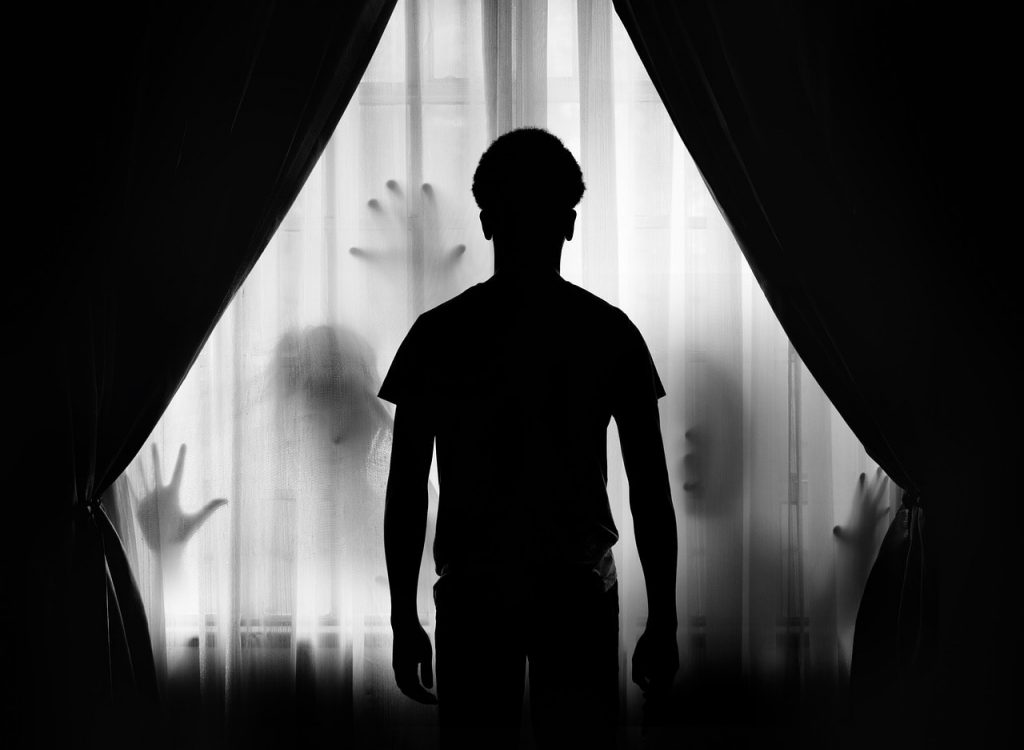
What if we read Beowulf, an early medieval text written in Old English, through the lens of Toni Morrison’s Beloved, a novel about a ghost and about slavery? What would we learn about ourselves? About others?
This course is about monsters. It is a course on literature, because tales and stories are where monsters find form, where they find life. In this, monsters are bound up in our imagination, in what we find abhorrent, frightening, horrifying. And. To a large extent, what we most fear is the Other. This, then, is our task: to look at monsters through “dark” lenses that allow us see the devaluation of humanity in the making of monsters: in other words, the making of Others.
Along with Beowulf and Beloved, we will read Mary Shelley’s Frankenstein, Octavia Butler’s Fledgling, William Shakespeare’s The Tempest, and Jorge Luis Borges’s “The House of Asterion,” a short story told from the perspective of the Minotaur.
ENGL 354.01 – Intermediate Fiction Writing – TR 1:30-2:50 PM – Susanna Childress

According to Flannery O’Connor, “A story is a way to say something that can’t be said any other way, and it takes every word in the story to say what the meaning is.” She also said, “I write to discover what I know.” And also: “You shall know the truth and the truth shall make you odd.”
So this is your chance: discover what you know by saying something that can’t be said any other way, make every word integral in the saying, and also, of course, let your weird out! This is a course where we’ll experiment with a wide variety of styles and techniques in short fiction, using daily writing exercises to deeply develop your characters, push your plot lines, play with point of view, and make your dialogue do good and gritty work. We’ll read and we’ll write—a delicious lot of each! And we’ll engage in several sets of in-class critique, also known as “the workshop.”
Come discover what you know, and let the truth set you strange…
ENGL 356.02 – Creative Writing in the Community – TR 12-1:20 PM – Susanna Childress

How old were you when you wrote your first poem? Who first encouraged you as a storyteller? Has writing ever helped you in a season when everything else seemed doomed?
Okay—two more questions: What if you could introduce others to the power of writing? Or, put another way, how might your own love for writing connect with others to make a difference in this world?
Richard Hugo famously suggested that a creative writing class “may be one of the last places you can go where your life still matters.” In this course, we’ll explore the ways that creative writing classes within the community—and on its margins—might have powerful, beautiful, and long-lasting impact not just for participants but also for facilitators.
Whether you’re a future teacher or someone who cares about hearing from voices that are often silenced, this course is for you! (Seriously, you don’t need prior experience in creative writing to take this course; i.e. no pre-reqs.) We’ll explore what it means to enact a creative writing curriculum in and for the community, why we would seek to do so, and where you—yes, you!—are interested in engaging. You’ll have a chance to connect with a community partner, create your curriculum, and facilitate classes with real, live participants.
…which means you’ll gain some “real-world” experience and a legit line on your resumé! You’ll also get to do some writing of your own as we read poetry, creative nonfiction essays, and short stories in conjunction with the visiting writers series.
So come with your heart for justice, your love of writing, and the hope to help create places where your and others’ lives matter—in this class and well beyond.
ENGL 373.03 – J.R.R. Tolkien & Medieval Literature – MW 4-5:20 PM – Curtis Gruenler

J. R. R. Tolkien is not only the most influential author of fantasy literature but also one of the great scholars of medieval literature—and each of these interests fed the other. This course will weave together the development of Old and Middle English literature with Tolkien’s career as an author and the chronology of Middle Earth. We will read medieval works that Tolkien studied, both well known and lesser known: Beowulf and other Old English poems as well as Middle English stories such as Sir Orfeo, Sir Gawain and the Green Knight, The Death of King Arthur, and some of Chaucer’s Canterbury Tales. And we will read Tolkien’s Silmarillion, The Hobbit, The Lord of the Rings, and several shorter works, both creative and scholarly. Seeing how medieval literature inspired Tolkien’s work will guide us in better understanding both. The many ways in which he responded to the works he loved—scholarly articles, poems imitating old forms, sequels, translations, reconstructions of fragmentary works, drama, and, of course, his own fantasy novels—will be models for our own responses.
All medieval works will be read in modern translations, often by Tolkien himself. There will be opportunities to explore medieval literature in languages other than English (such as Welsh and Old Norse), how all these works respond to the Bible, and other topics of individual interest. The course will be conducted as a discussion-based seminar. Students will write a portfolio of pieces that will include critical writing as well as other interpretive and creative genres.
ENGL 375.01 – History of the English Language – MWF 12-12:50 PM – Curtis Gruenler
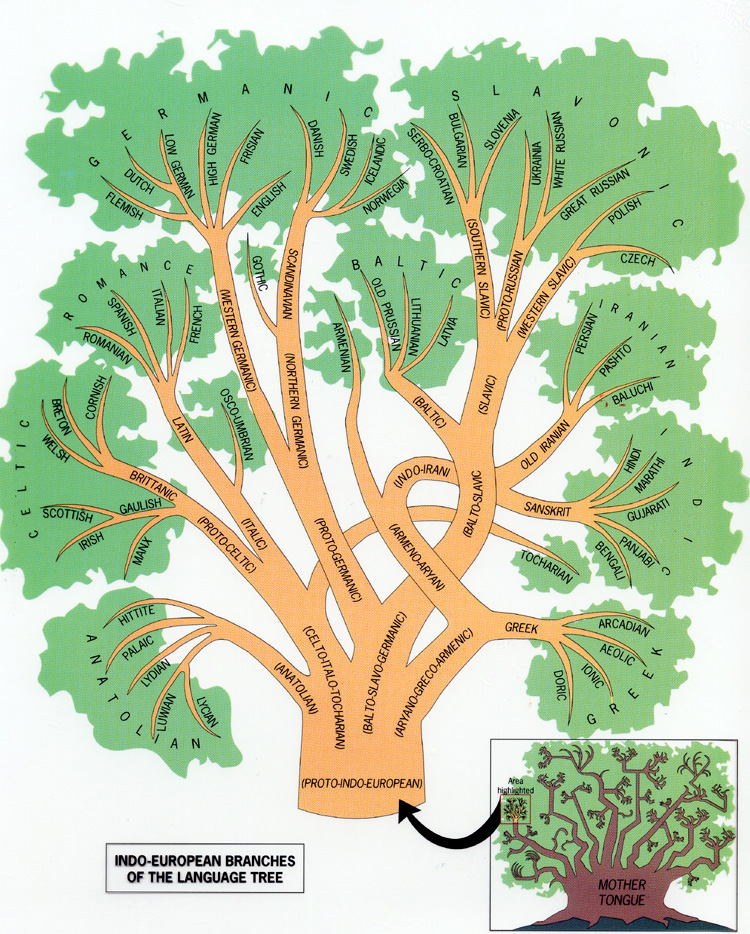
How did English come to have—by far—the largest vocabulary of any language in the world? Where did the idea of standard English come from, and who says what it is? How does English vary around the world? What is its likely future?
This course follows the whole story of the English language, from its pre-history as a member of the Indo-European family of languages to the closest thing the world has known to a global language. Our focus will be on what used to be called philology, the linguistic tools for the study of English literature in its Old, Middle, and Modern forms. As we approach the present, we will use these tools to look at the many varieties of English around the world (and especially in the United States).
Throughout the course we will also consider the relationship between the language and the history of those who use it, from the Norman Conquest to the impacts of computers and globalization. At each phase, we will analyze the various linguistic aspects of the language—sound (including Prof. Cole’s favorite topic, the Great Vowel Shift), vocabulary, grammar, writing—with a particular eye toward how this kind of analysis is important to understanding literary works. You’ll learn enough Old English to be able to read a passage of Beowulf with reference aids, but more important, you’ll have an idea what’s behind a modern translation and the choices a translator makes. We’ll analyze the language of Chaucer and Shakespeare and discuss controversies such as those over standard English usage and African-American Vernacular English. You’ll learn how to analyze the origins and development of English words and understand their range of meaning at any point in time.
Three of the greatest English philologists of the 20th century happen to have been part of the literary fellowship called the Inklings: J. R. R. Tolkien, C. S. Lewis, and Owen Barfield. As a sort of subplot, we will consider their ideas about philology, some of their philological research, and how, in Tolkien’s case, philology inspired his creation of Middle Earth and its languages.
For students of literature, the history of the English language gives you both fundamental philological tools and an overview of literary history. For writers, it provides further mastery of your medium. Recommended for those who plan to study literature or writing at the graduate level and those who plan to teach English at the secondary level or above.
ENGL 375.02 – “The I’s Have It” – TR 1:30-2:50 PM – Rhoda Burton

The goal of this class is to deepen our understanding of American literature by focusing on the role of the first-person narrator. We’ll read across two genres, memoir and fiction, in order to demonstrate that the first-person narrator has deeply impacted the trajectory of our literary canon. The class explores why so many of our canonical texts feature a first-person narrator—even when the narrator plays an ostensibly tiny background part, as in F. Scott Fitzgerald’s The Great Gatsby. How do authors establish or undermine the credibility of their first-person narrators? And has that process changed since the advent of confessional poetry and the uptick of memoir? What’s up with all the first-person narrators who seem to play the role of creepy voyeur? Why do memoirs typically outsell novels? Together we’ll discuss the unique contribution of the first-person narrator to the trajectory of American literary cultures.
Don’t forget about Summer Courses!
Vienna Summer School – May 04-29 and June 01-26 – Stephen Hemenway
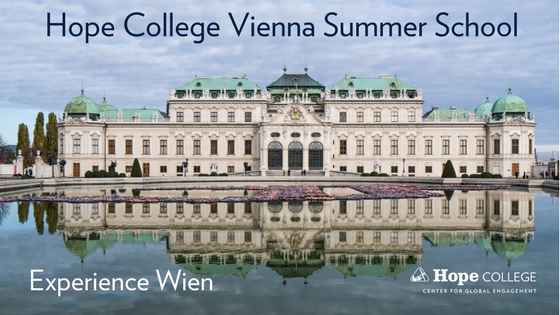
This summer’s two sessions (May, June) offer eight college credits (four each session) in numerous academic fields: “Austrian Art and Architecture,” “Modern Austrian History,” “Empires of the World and Mind,” “Vienna’s Musical Traditions,” “Literature and Self—Vienna and Beyond,” “Economic/Business Issues in Europe,” “Creative Writing—Nonfiction,” and a Senior Seminar (“Vienna: Values in Transit”). Field trips within Austria and excursions to neighboring countries add a significant dimension to the learning experience. The program, open to qualified applicants of any age who have completed at least one year of college before summer 2020, has a maximum of 54 students per session.
Vienna features everything from famous choirboys to fabled coffeehouses, from Sachertortes to the Spanish Riding School, from baroque churches to a modern United Nations complex. While in Vienna, art/architecture students explore museums and churches; students in history, literature, and “Empires” courses visit Habsburg residences and World War sites; music students attend operas and concerts; economics students meet with business experts; nonfiction students write memoirs about local people and places; senior seminar students question distinguished speakers daily. Several of these opportunities are available to all participants, and the cost of required field trips is included. Non-credit German-conversation classes meet a few afternoons each week. Beginners find these survival sessions beneficial, while those with German abilities gain more confidence.


